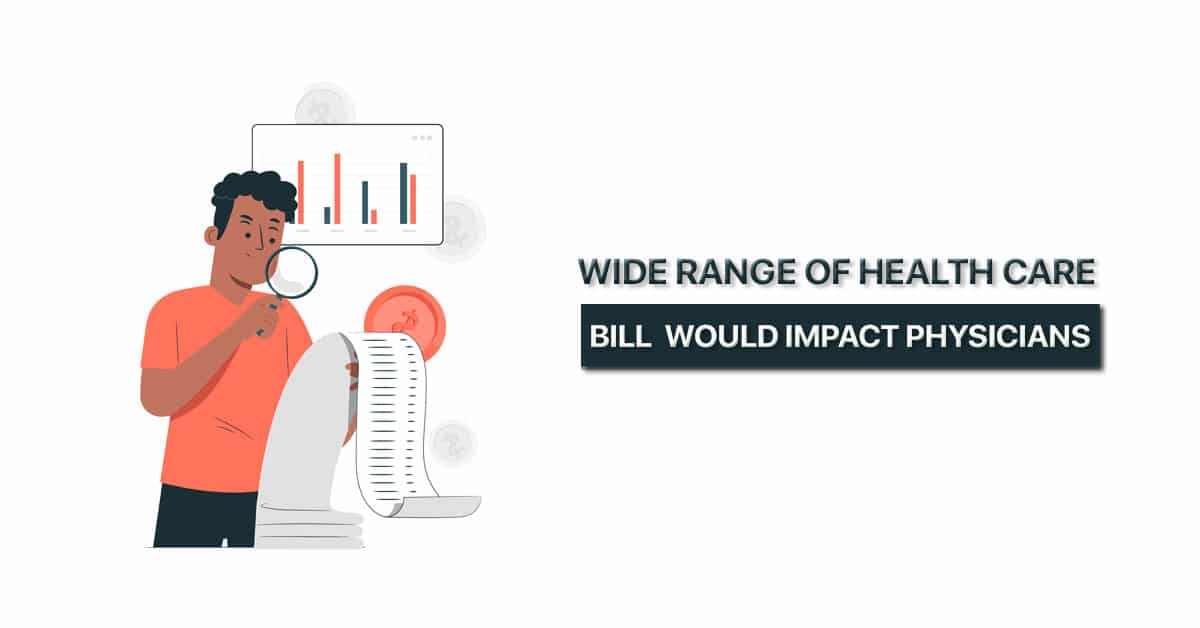The Senate Finance Committee proposed that the full chamber should review a legislation that could instigate alterations in physician practices. This proposition was discussed during a 90-minute meeting on November 8, 2023, regarding the bill named “The Better Mental Health Care, Lower-Cost Drugs, and Extenders Act.” This bill encompasses diverse aspects of healthcare, including mental health accessibility, regulation of pharmacy benefit managers, and Medicare.
During the meeting, Committee Chairman Senator expressed gratitude towards Ranking Member Sen. U.S. Senator, fellow senators, and staff for their bipartisan proposals, which included 56 suggested amendments. The Chairman emphasized that the bill was now top-notch and would make a significant impact on the $4 trillion healthcare system in the United States.
He highlighted the importance of reevaluating Medicare physician payments, aiming to enhance primary care payment by 2024. The Chairman emphasized the necessity to reassess current healthcare spending, stating concerns about misallocation of funds, particularly to intermediaries, indicating that every family of four in the U.S. could theoretically receive more than $40,000 when dividing the annual healthcare expenditure by the national population.
The bill includes several provisions pertinent to physicians:
- Amendment 7 proposes the “Resident Physician Shortage Reduction” plan to increase residency positions annually from 2024 to 2029, focusing on qualifying hospitals, rural areas, and health professional shortage zones. The amendment sponsor stressed the urgency of investing in training more doctors, considering the extensive time required for medical training and the aging physician workforce.
- Amendment 20, “Incentivizing Value-Based Care for Providers in Medicare Advanced Payment Models,” suggests a 3.5% incentive payment for qualifying alternative payment model (APM) participants in 2026, based on performance in 2024. This aims to encourage value-based care and applauds APMs for their cost-saving impact on Medicare and patient-focused outcomes.
- Amendment 30 aims to enhance Medicare physician payments in rural states by improving accuracy in geographic adjustment factors under Medicare’s physician payment system. This involves utilizing market or actual cost data for physician labor.
- Amendment 38 suggests updating the Medicare Physician Fee Schedule (PFS) to ensure precise cost estimates are utilized for payment rates, addressing incorrect utilization estimates.
- Amendment 44, the “Improving Seniors’ Timely Access to Care Act,” proposes modernizing the prior authorization process in Medicare Advantage, emphasizing real-time electronic prior authorizations for routine services and urgent care, along with transparency requirements.
- Amendment 54 aims to make permanent reforms to the Medicare PFS to align it more accurately with actual costs and service utilization.
These amendments collectively focus on various aspects of physician practice, healthcare access, and Medicare payments, intending to improve the healthcare system’s effectiveness and efficiency.

